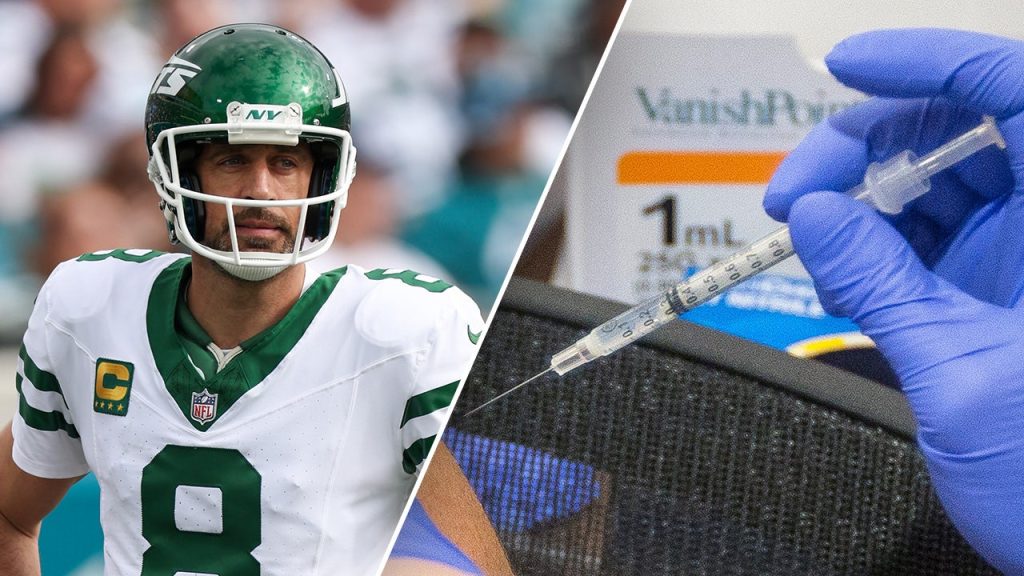Brian Urlacher, the former Chicago Bears linebacker, has publicly endorsed Aaron Rodgers as a potential political candidate, citing the quarterback’s controversial stance against COVID-19 vaccination as a key factor in his potential appeal. Urlacher, who faced Rodgers on the field numerous times during their respective NFL careers, now finds himself aligned with Rodgers on various political issues. He believes that Rodgers’ refusal to get vaccinated, and his subsequent defense of that decision, resonates with a segment of the population who feel marginalized or unheard. This, according to Urlacher, positions Rodgers as a champion of individual liberties and a voice for the “smaller guy,” making him a compelling political prospect.
The controversy surrounding Rodgers’ vaccination status erupted in November 2021 when he tested positive for COVID-19, forcing him to miss several games. Prior to this, Rodgers had stated he was “immunized,” leading many to believe he had received the vaccine. However, it later emerged that Rodgers had undergone a homeopathic treatment, a revelation that drew criticism and accusations of misleading the public and the NFL. The league subsequently fined Rodgers and the Packers for violating COVID-19 protocols.
Despite the backlash, Urlacher views the incident as a testament to Rodgers’ conviction. He argues that Rodgers’ willingness to endure criticism and fines for his beliefs demonstrates his commitment to his principles and his empathy for those who share his views on vaccination. Urlacher highlighted the rigorous testing and protocols unvaccinated players were subjected to, contrasting it with the less stringent requirements for vaccinated players, implying a sense of unfairness imposed upon those who chose not to get vaccinated.
Rodgers, at the time, explained that his decision stemmed from an allergy to an ingredient in the mRNA vaccines and concerns about potential side effects. He clarified his use of the term “immunized,” acknowledging that it created a misleading impression, and took responsibility for any confusion caused. While apologizing for the miscommunication, he remained steadfast in his defense of his decision, emphasizing that it was a personal choice based on research and consultation with his doctors.
Rodgers’ public stance against vaccination resonated with some, who viewed him as a symbol of resistance against mandates and perceived government overreach. However, it also alienated a portion of his fanbase and drew criticism from those who prioritized public health measures and viewed his actions as irresponsible. This polarization, while controversial, solidified Rodgers’ image as an individual willing to stand by his convictions, even at personal cost.
This very characteristic, Urlacher argues, is what makes Rodgers a potentially successful politician. He suggests that Rodgers’ ability to withstand intense scrutiny and maintain his position, coupled with his perceived advocacy for individual liberties, could translate into political capital. While Rodgers himself has not expressed any political aspirations, Urlacher’s comments highlight the intersection of sports, politics, and personal beliefs in the public sphere, and how contentious issues like vaccination can become touchstones for political discourse.

